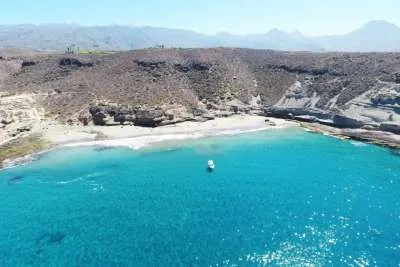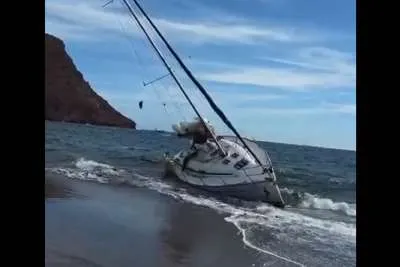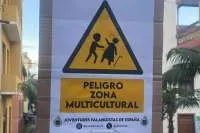Canary Islands to reduce class sizes in major education reform
- 09-04-2025
- National
- Canarian Weekly
- Photo Credit: Department of Education
Schools across the Canary Islands are set to see a significant reduction in class sizes under a new agreement between the regional Department of Education and teaching unions. The three-year plan aims to improve educational quality and inclusivity from early childhood through to Secondary Education.
Under the agreement, class sizes will be capped at 25 students in Secondary Education, 22 in Primary, and 16, 18, and 20 students in Infant Education for ages 3, 4, and 5, respectively. This marks a considerable shift, particularly in Secondary schools, where currently only the first year complies with such limits.
Education Councillor Poli Suárez described the initiative as the Canary Islands’ most ambitious educational reform to date. He emphasised that the plan is rooted in sustained dialogue and collaboration and is designed to encourage a more equitable and inclusive educational environment.
To implement these changes, the government will recruit 304 new Infant and Primary teachers, placing the Canary Islands among the Spanish regions with the smallest student-to-teacher ratios.
In addition, 359 new teachers will be hired for Secondary Education, where the maximum class size of 25 students will apply to all years of compulsory secondary schooling (ESO), aligning the archipelago with education standards in Asturias and the Basque Country.
For students with special educational needs or severe behavioural and communication disorders, class sizes will be further reduced to a maximum of 20 students per classroom, ensuring more tailored support.
In early education, class sizes in the second cycle of Infant Education will be reduced to some of the lowest in the country, positioning the Canary Islands as a national leader in early childhood education standards.

The reform also introduces over 120 new Orientation staff to improve student guidance services. Primary and Infant schools will benefit from one orientation teacher for every 250 students, while Secondary schools with more than 800 students will be assigned two such professionals.
Additionally, schools with the lowest 15% academic performance results will receive extra support in language and mathematics to help raise achievement and close learning gaps.
Pedro Crespo, president of the ANPE Canarias teaching union, praised the agreement as a “partial but undeniable advance” for non-university education in the region. He highlighted the potential for more personalised attention to students, improved learning outcomes, and better working conditions for educators.
The plan is seen as a key step forward in ensuring that students across the Canary Islands have access to high-quality, inclusive education, regardless of their background or needs.
Other articles that may interest you...
Trending
Most Read Articles
Featured Videos
TributoFest: Michael Buble promo 14.02.2026
- 30-01-2026
TEAs 2025 Highlights
- 17-11-2025



























































